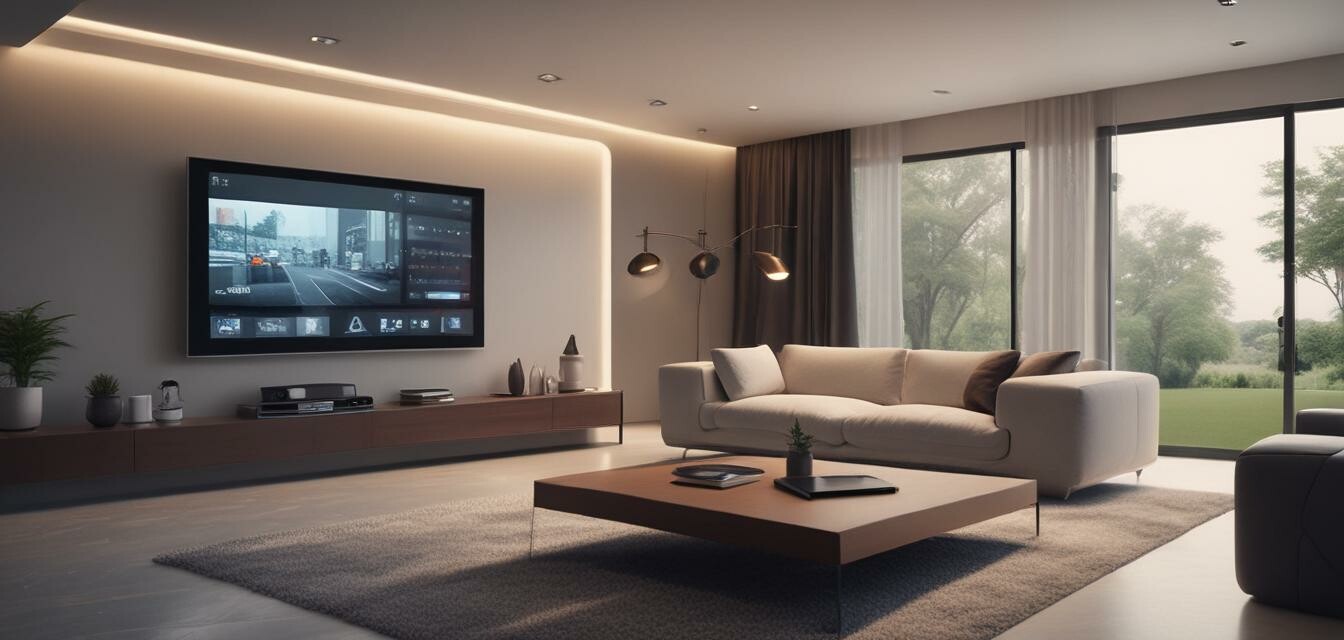
The Increasing Demand for Remote Monitoring Services
Key Takeaways
- The trend of remote monitoring services is growing significantly due to technological advancements.
- Remote services offer enhanced convenience and real-time access compared to traditional systems.
- Homeowners are increasingly seeking solutions that integrate smart technology for improved security.
In recent years, the demand for remote monitoring services in smart home security systems has surged. More homeowners are embracing the convenience of monitoring their security remotely, allowing for greater peace of mind and responsiveness. This article explores the various benefits of remote monitoring, its growing popularity, and how it differentiates from traditional security approaches.
What are remote monitoring services?
Remote monitoring services utilize technology to allow homeowners to oversee their security systems from their devices, such as smartphones or tablets. These services often include:
- Real-time video feeds from security cameras
- Alerts and notifications for unusual activities
- Control over smart home devices, including locks and lights
Benefits of remote monitoring services
There are numerous advantages associated with adopting remote monitoring services:
- Convenience: Homeowners can check their security status anytime and anywhere.
- Real-time alerts: Notifications enable immediate responses to potential security threats.
- Integration: Remote monitoring can easily integrate with other smart home devices, enhancing overall home automation.
- Cost-effective: Remote monitoring can reduce the need for expensive on-site security personnel.
A comparison with traditional security systems
| Feature | Remote Monitoring Services | Traditional Security Systems |
|---|---|---|
| Accessibility | Remote access via smartphone or tablet | Limited to on-site access or monitoring |
| Response Time | Instant alerts and notifications | Potential delays in response due to manual reporting |
| Control | Manage devices remotely | Control requires on-site presence |
| Installation | Often easy-to-install DIY systems | Usually requires professional installation |
| Costs | Varied pricing; generally lower ongoing costs | Higher initial and maintenance costs |
Trends driving the increase in remote monitoring
Several trends are contributing to the rising popularity of remote monitoring services in smart home security:
- Technological advancements: The proliferation of smart devices has made remote monitoring more accessible and user-friendly.
- Increased awareness: Homeowners are becoming more aware of the need for security solutions that offer flexibility and peace of mind.
- Shift in consumer preferences: More individuals prefer DIY solutions that can be easily customized to suit their needs.
- Growing concerns over security: As crime rates evolve, homeowners are seeking more reliable and effective security measures.
Conclusion
The increasing demand for remote monitoring services reflects a significant shift in the way homeowners approach security. With enhanced convenience, real-time access, and the ability to integrate with other smart devices, remote monitoring presents a compelling alternative to traditional systems. As technology continues to advance, the landscape of home security will likely become more interconnected and user-centric.
Pros
- Convenience and ease of access from anywhere
- Real-time alerts for immediate threat response
- Integration capabilities with other smart home systems
- Potential cost savings on professional monitoring
Cons
- Reliance on internet connectivity
- Potential concerns over privacy and data security
- Initial setup and configuration can be complex for some
For more information on home security options, visit our sections on Home Security Systems and Smart Cameras. Stay updated with the latest trends by checking our News & Trends section.
